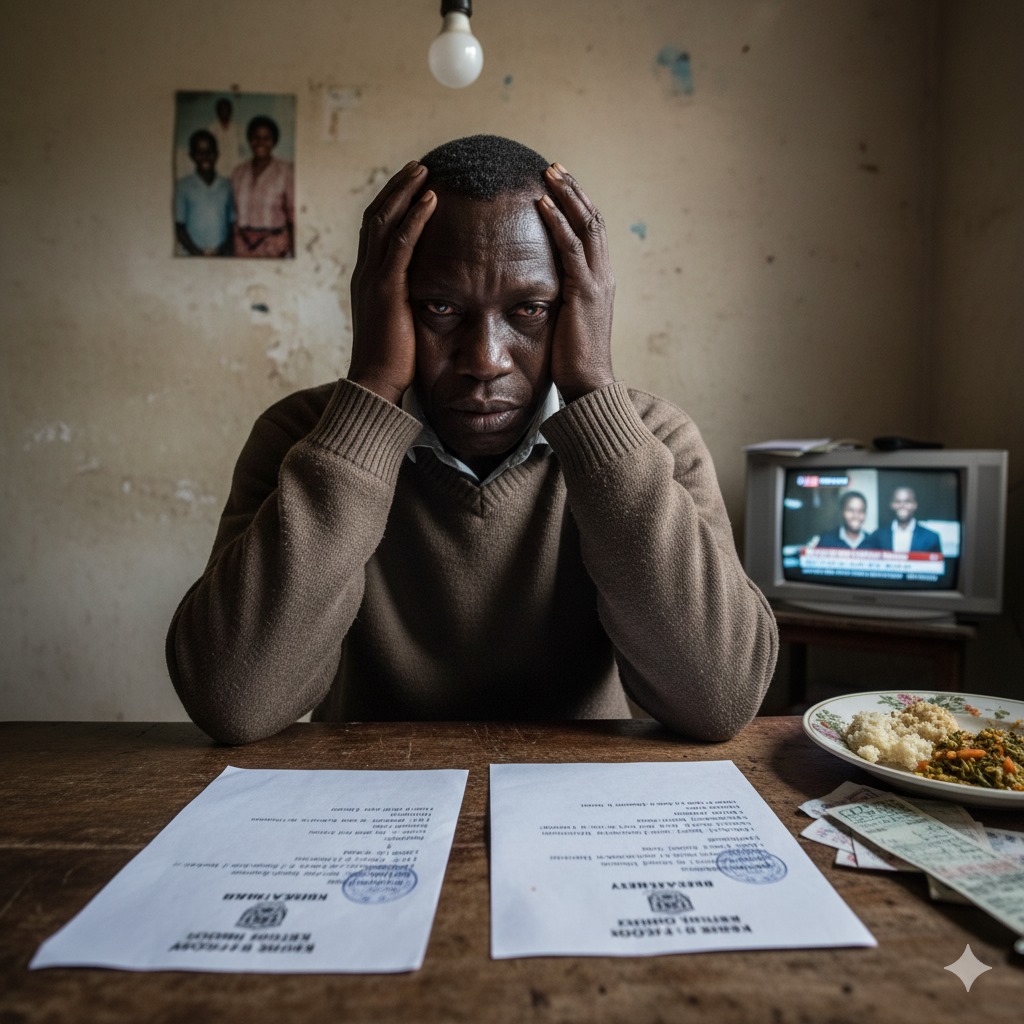
WHEN THE BELLS FELL SILENT MYSTERIOUSLY IT DID NOT MEAN WELL TO ONE ABLE, MR. JOHN KIPROTICH, A WIDOWER WHO RAISED SONS SINGLE HANDEDLY AMIDST UNREST.
John Kiprotich, a humble tea farmer in Kericho County, had always taken pride in the education of his two sons. His eldest, Kipng’etich, was a Form Three student at Litein Boys High School—known for its discipline and academic excellence—while his younger son, Kiprono, was a promising Form Two student at Tengecha Boys High School, not far from home. As a widower, John poured his hopes, savings, and every ounce of energy into seeing his sons through school, believing education was the key to lifting their family into a better future.
But nothing could have prepared him for what unfolded in the last week of second term. It began with a late-night phone call from a concerned teacher at Litein. There had been unrest. Students had staged a violent protest over suspected administrative issues, torching a dormitory and scattering into the night. Kipng’etich was safe, the teacher assured him, but the school would be closed indefinitely pending investigations. John’s heart sank. The school he trusted—his son’s future—now stood in chaos.
Still reeling from the news, he hadn’t even had time to process the situation when, two days later, another call came—this time from Tengecha. Kiprono’s school had also erupted in unrest. Rumors of internal grievances had turned into a destructive strike, and several boys, including his son, had been sent home on disciplinary grounds as the school attempted to restore order. John couldn’t believe it. Two sons, two schools, and the same story of disruption.
The once hopeful father now found himself pacing the compound, eyes red from sleepless nights, trying to make sense of it all. His farm work suffered; he barely had the strength to tend to the tea bushes. Relatives came to console him, but their words felt empty. He was overwhelmed—not just by the unexpected return of his sons, but by the weight of a collapsing dream. The silence at night was no longer peaceful—it echoed with worry about whether his sons would ever return to class, whether their names would be tarnished, and whether this was the end of a future he had worked so hard to build.
John sat on the edge of his worn-out wooden chair, staring at the acceptance letters that once brought him so much joy. In their place now were transfer forms, rumors of blacklists, and the crushing silence of disappointment.


